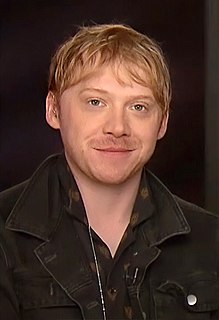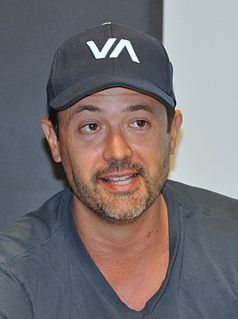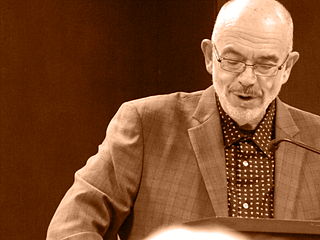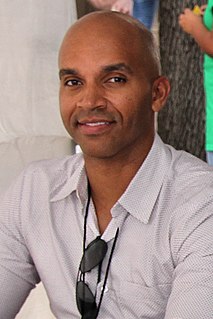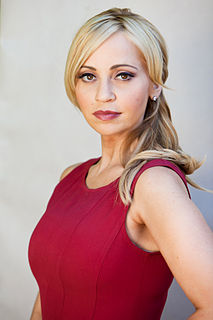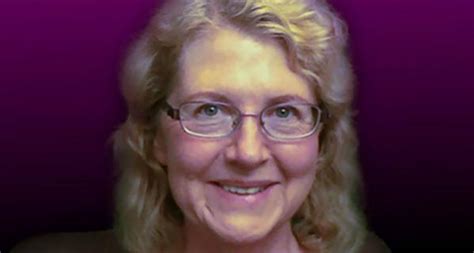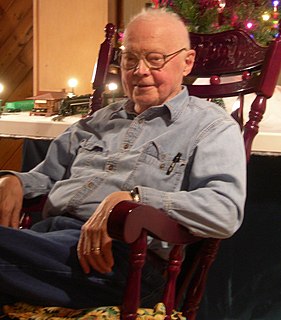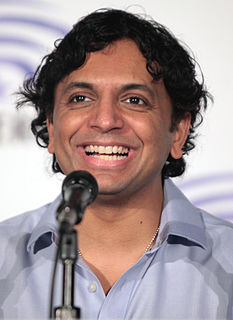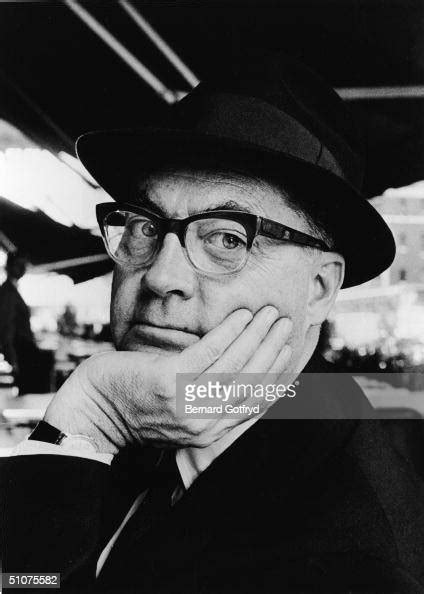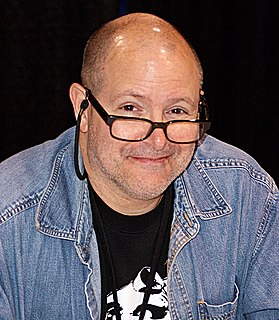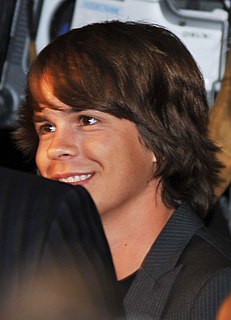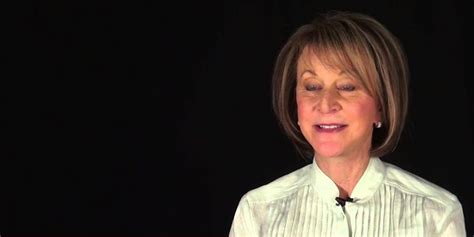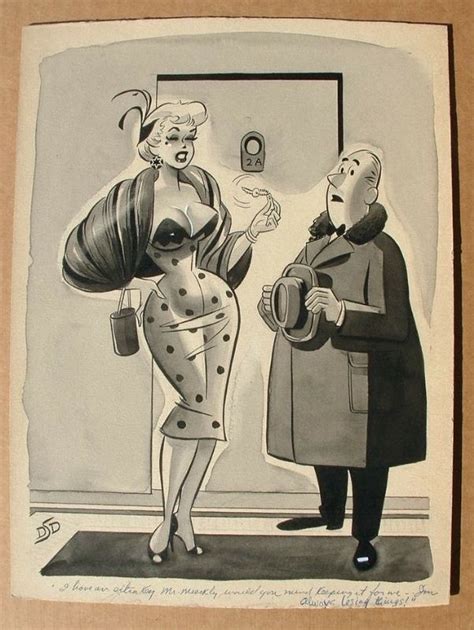Top 1200 Book Characters Quotes & Sayings - Page 2
Explore popular Book Characters quotes.
Last updated on April 22, 2025.
He loved a book because it was a book; he loved its odor, its form, its title. What he loved in a manuscript was its old illegible date, the bizarre and strange Gothic characters, the heavy gilding which loaded its drawings. It was its pages covered with dust — dust of which he breathed the sweet and tender perfume with delight.
For the most part, my characters don't talk to me. I like to lord over them like some kind of benevolent deity. And, for the most part, my characters go along with it. I write intense character sketches and long, play-like conversations between me and them, but they stay out of the book writing itself.
When I decided to write a novel about Istanbul, I thought I should put the different faces of Istanbul into one book. I also put the characters in a cell, and it's three stories underground, rather than on the surface. The characters have one Istanbul, the other one is above ground. One is in dark, one is in light. That kind of contradiction - those opposite sides - creates a great energy in Istanbul.
The main characters for 'The Seer and the Sword' made an appearance one night and then haunted me for over five years before I began to write them down. Does that count as inspiration? For me, characters tend to show up, stay on to help with the work of writing their stories, and then occasionally deign to visit after a book is finished.
When you write a book, you want to have fidelity to the character. Characters and their emotions guide the structure of the novel. The author is aware that there's a certain amount of information she/he has to provide in order to satisfy the reader, knowing that she/he has set something up that must be paid off, but this payment must be made while maintaining fidelity to the characters.
When I was a Hollywood press agent, I learned how the Hollywood casting system worked. There was a roster of actors who were always perfect as doctors or lawyers or laborers, and the directors just picked the types they needed and stuffed them into film after film. I do the same [with
my characters], book after book.
Some of the things I love the most are when a writer or a visionary takes on sort of an iconic character and then spins it. Like with Frank Miller, Batman was this one thing for basically forty years, and then Frank Miller came along and said he can also be this other thing. And Christopher Nolan came along and said he can also be this other thing. The idea of taking iconic comic book characters or superhero characters or mythic characters and subverting the genre or coming up with a new idea is something that's really interesting to me.
Completing a book, it's a little like having a baby.... There's a feeling of relief and satisfaction when you get to the end. A feeling that you have brought your family, your characters, home. Then a sort of post-natal depression and then, very quickly, the horizon of a new book. The consolation that next time I will do it better.
I'm no longer religious, but the Bible fascinates me. Hardly anyone reads it anymore, but it's got everything: it's a book of poetry, it's a book of principle, it's a book of stories, and of myths and of epic tales, a book of histories and a book of fictions, of riddles, fables, parables and allegories.
The nature of acting is that one is many characters and jumps from one skin to another as a way of life. Sometimes it's hard to know exactly what all of your characters think at the same time. Sometimes one of my characters overrules one of my other characters. I'm trying to get them all to harmonize. It's a hell of a job. It's like driving a coach.
I look at all of world mythology and folklore as my toy to play with. There are just so many characters and creatures there I want to put on paper. It's a really exciting thing for me to take material that I really love and put a new coat of paint on it and present it to this audience. And I don't have to make up any of the characters. I can just pull a book of mythology off the shelf and say, "I'll use this guy." I also hate making up names for fantasy characters. I'll just flip through these books and say, "Wow, this is way crazier than anything I could make up".
Yeah, we've become really good friends. Our characters start dating in the book, and um, yeah, I think we - and we made up little back stories to our characters and little outtakes that we'd bring up to Edgar as a joke, and you know, kind of see different sides of stuff. So yeah, we have a really good time.
You will want a book which contains not man's thoughts, but God's - not a book that may amuse you, but a book that can save you - not even a book that can instruct you, but a book on which you can venture an eternity - not only a book which can give relief to your spirit, but redemption to your soul - a book which contains salvation, and conveys it to you, one which shall at once be the Saviour's book and the sinner's.
In the books I have written, I have created in my mind a universe. My kids say I have a village in my head and I live in that village, and it's true. When I start writing a book, characters from previous books reappear. All my emotions, my mind, my heart, my dreams, everything becomes connected with a new book, and nothing else really matters.
As I have said before, I never had any large respect for good spelling. That is my feeling yet. Before the spelling-book came with its arbitrary forms, men unconsciously revealed shades of their characters, and also added enlightening shades of expression to what they wrote by their spelling, and so it is possible that the spelling-book has been a doubtful benevolence to us.


